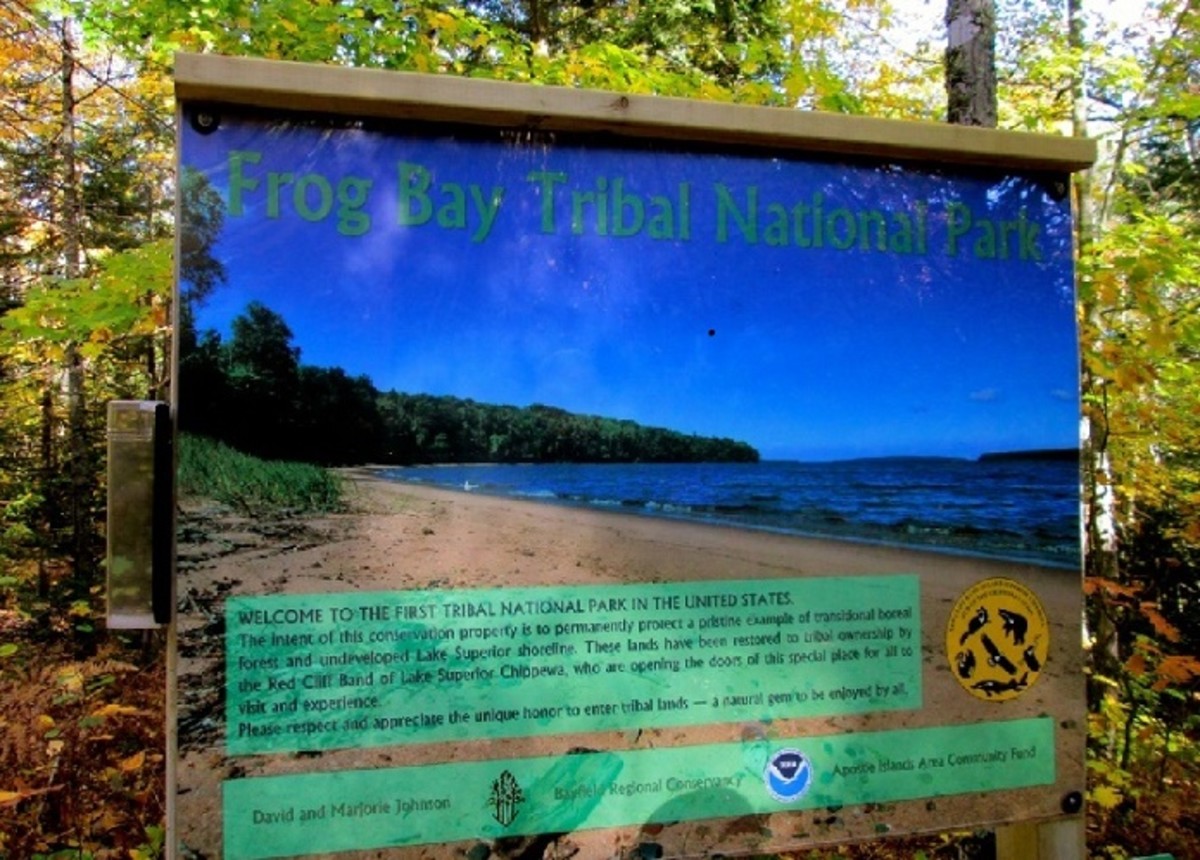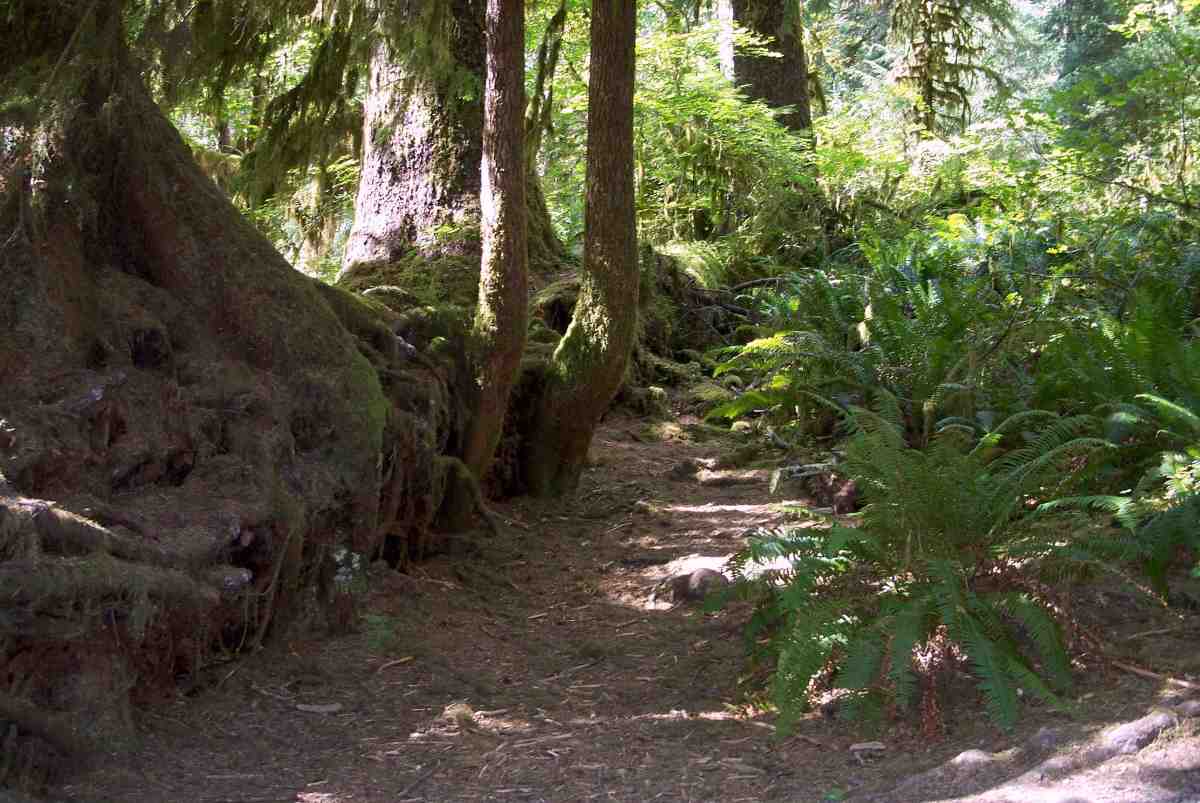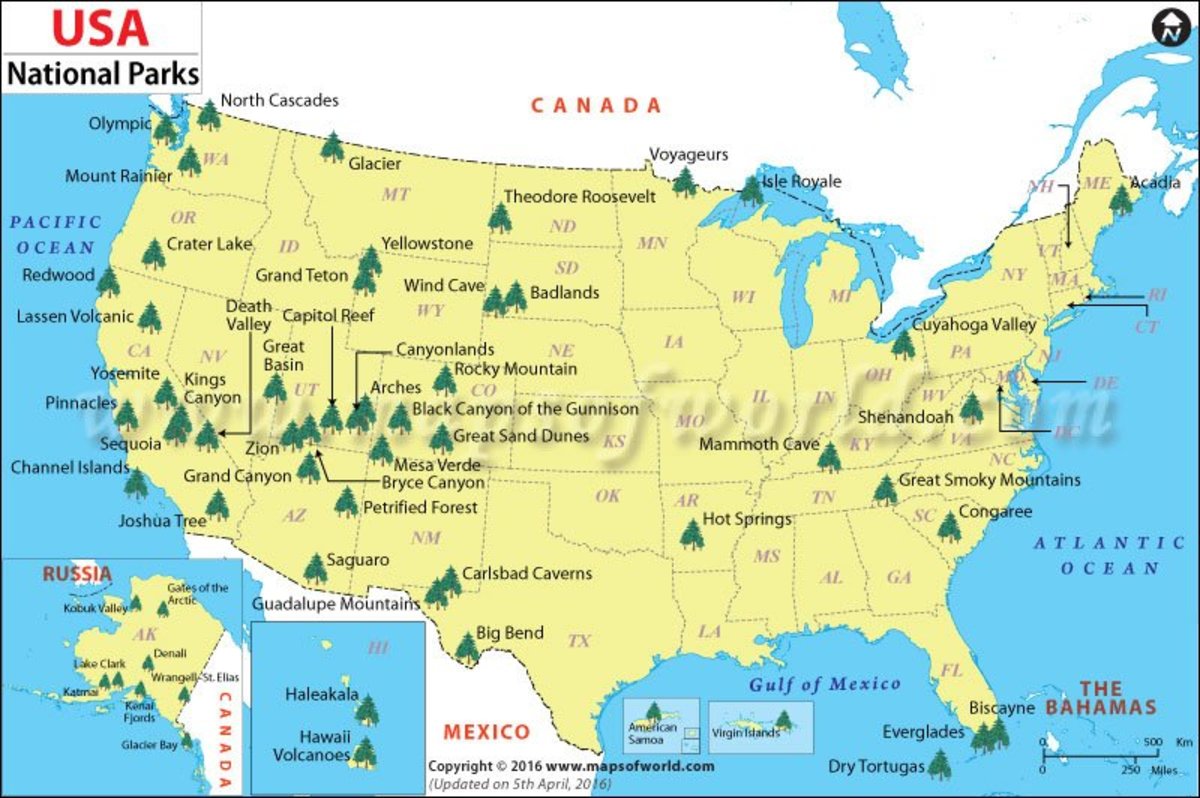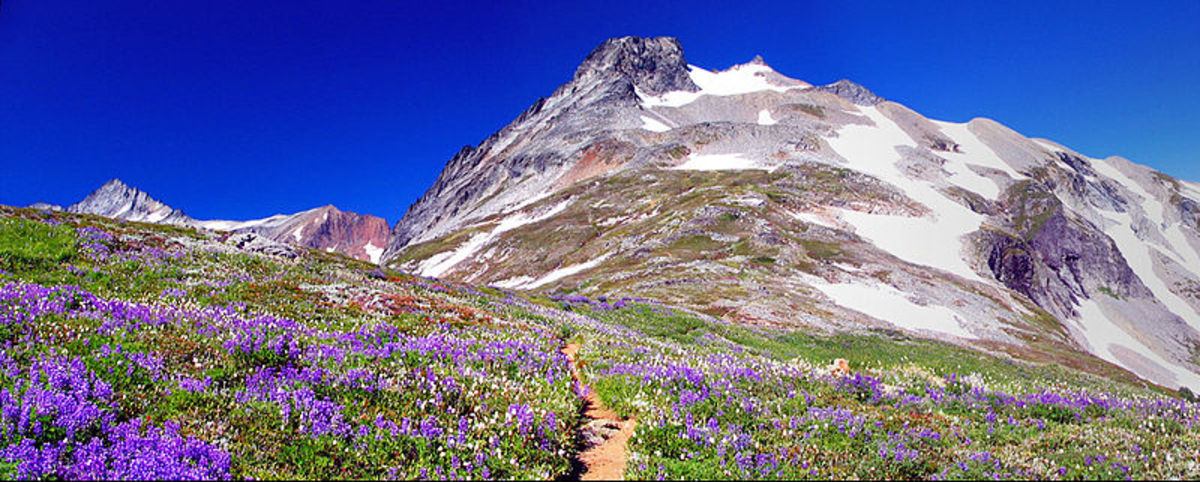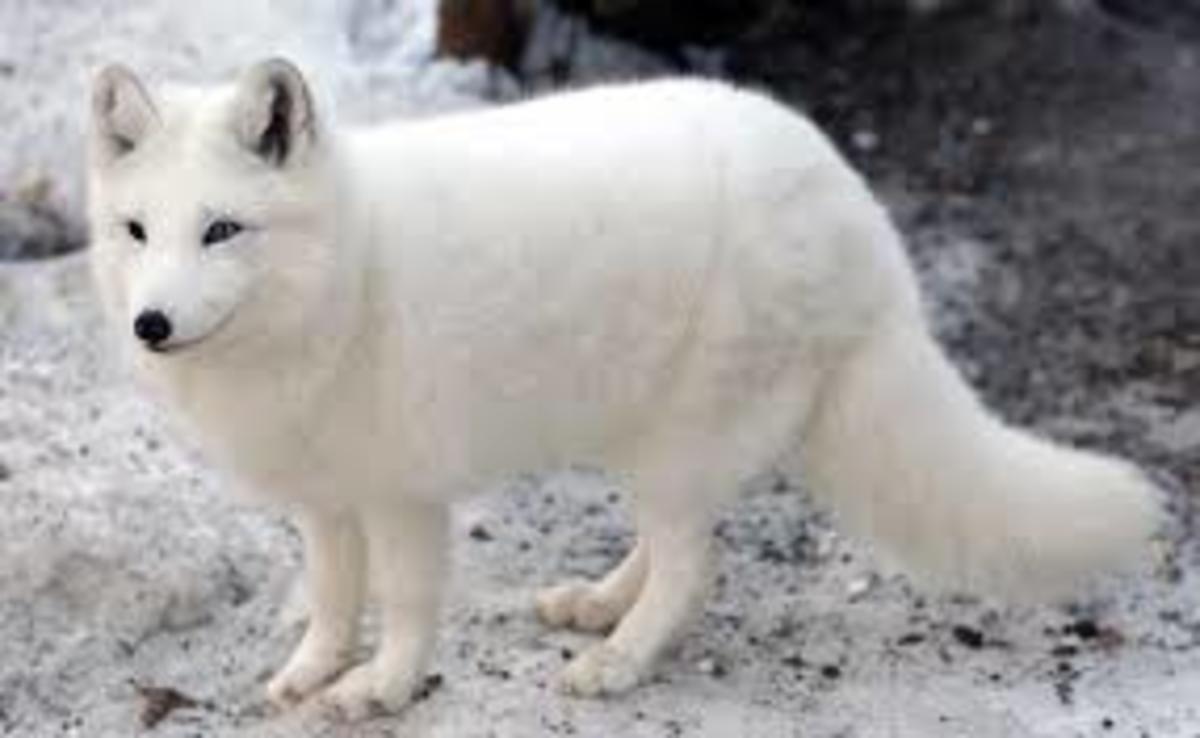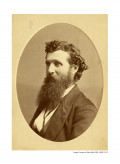Yasuní National Park Oil
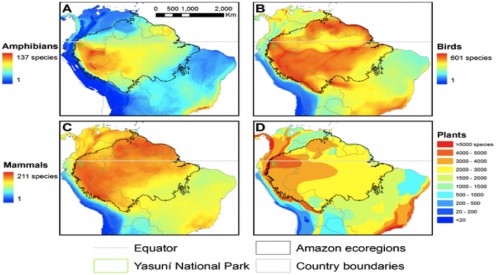

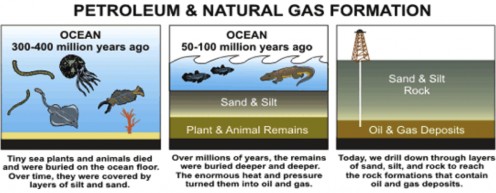
Oil crisis
Throughout the history of the world, countries starting around the 20th century needed oil for new inventions such as the car and heating homes. Today oil is mostly used for everything we have today. Crude oil goes on a process where it gets put into refinery where it is separated into usable petroleum products. With petroleum many products are made such as ink, crayons, bubble gum, tires, etc. It fuels our everyday transportation like cars and airplanes. But once oil is found, everyone wants to get his or her hands on it as quickly as possible. People don’t realize and care about how this might effect the environment, it causes air pollution and sometimes there are oil spills. The top five producing countries for oil are Russia, Saudi Arabia, United States, Iran, and China. Recently people have discovered that there is oil location in a certain part of South America. The Ecuadorian Yasuní National Park can be found within the Amazon rainforest around 250 kilometers away from Quito, Ecuador’s capital. This is the place that oil was found, but there are many problems with taking oil from there. The Yasuní National Park has incredible diversity of many different species. The United Nations wants to take the oil from here and destroy this very special spot. It will endanger all of the animals and kill off a lot of them, because their home would be destroyed. There are about 247 amphibian and reptile species, 550 bird species and around 200 mammal species in the National park. Research here can show how animals live, but if there were to be an oil extraction from this area we would be able to see how the diversity will decrease. It’s a bad idea to go into this park and ruin everything it has in it. It will greatly change the park forever.
Kurt Zenz House
Kurt Zenz House was born on January 27, 1988. He is currently a fellow at Massachusetts Institute of Technology (MIT), in Cambridge, Massachusetts. He is president and chief scientist of a venture-capital-backed alternative-energy company. He has been featured in magazines such as Esquire being named among the “Best and Brightest” in 2007. And in 2009, Technology Review Magazine named him as one of the “Top 35 innovators under 35.” Today he has a bachelor’s degree in physics from the Claremont Colleges. Besides that, he holds a PhD in geoscience from Harvard University. Kurt is a very accomplished man with a lot of knowledge in his field. He works in the fossil-fuel field so he knows what he is talking about when he mentions things about oil. His research tells us about how it would be a good idea to expand oil exploration and extraction. This will help countries such as the United States to get oil for less money. By exploring for oil means that they would find crude oil to extract and sell or use for it for them selves. What we are seeing today is a rise in oil prices and that can stop. Kurt believes that certain drilling accidents weren’t as bad as people made them seem to be. Technology has improved that it oil spills from Exxon in 1989 wont happen again. For him he would want to go into the Yasuní National Park to extract crude oil, to save money or to make money. He states that by 2025 the United States estimated demand for oil would go up 10 percent according to the Energy Information Administration. By extracting the oil in the Yasuní National Park would definitely satisfy today’s demands as well as tomorrow’s. Kurt is also against the Yasuní-ITT Initiative, which is a revolutionary plan that will protect the park’s largest oil reserves. But the plan might not stand due to the lack of international funding. To start extracting crude oil from the park is what Kurt would like to do in order for everyone to benefit from.
Esteban Suárez R.
Esteban Suárez R. was born on December 11, 1969 in Quito, Ecuador. He is apart of the wildlife conservation society and EcoCiencia. Esteban went to Cornell University and got a Ph.D. and an M.Sc in the Department of Natural Resources. He has a bachelor’s degree in Biological sciences at the Pontificia University Católica of Ecuador. Not only that but Esteban took two field courses one in Costa Rica called “Tropical Ecology and Conservation”. The other one was in Ecuador called “Designing Investigations in Conservation Biology”. He has done some teaching also on subjects such as the environment and biochemistry. For his accomplishments he has won several awards and is a bilingual speaking both Spanish and English fluently. Esteban has been recently studying the Yasuní National Park with EcoCiencia and he believes that it would be a terrible idea to go into the park and destroy everything that nature has put there. The species is another thing he is fighting for because with the crude oil extraction that would mean the lost of many of these living creatures. He is a supporter of the Yasuní-ITT Initiative in order to make sure that nearly a billion of barrels of crude oil stay underground. His research concludes that this park is one of the most biodiverse places on Earth and has a number of threatened species. By extracting crude oil from here would do more harm than good. First it would disturb the territory of the indigenous people, and second it would add to climate change giving off 410 metric tons of CO2 in the atmosphere. Overall this would definitely impact the whole country of Ecuador if the Yasuní-ITT Initiative doesn’t get put through because that would crush the hearts of many people who are behind this. Many people would protest against the oil extraction and it will cause many problems in politics for Ecuador. The best way to handle this is by playing it safe and not touching the crude oil. For just wanting something valuable such as oil will destroy many other things worth so much more.
Bibliography:
· " About.com: Http://www.abc.net.au/science/crude/." About Geology - The Complete Guide to Earth Science and Geology. Web. 16 Mar. 2010. <http://geology.about.com/gi/o.htm?zi=1/XJ/Ya&zTi=1&sdn=geology&cdn=education&tm=45&f=10&tt=14&bt=1&bts=1&zu=http%3A//www.abc.net.au/science/crude/>.
· "EIA Energy Kids - Oil (petroleum)." WARNING! Please Do Not Alter This File. It May Be Replaced If You Upgrade Your Web Server If You Want to Use It as a Template, We Recommend Renaming It, and Modifying the New File. Thanks. -- Under Construction. Web. 16 Mar. 2010. <http://tonto.eia.doe.gov/kids/energy.cfm?page=oil_home-basics>.
· "Oil and Wildlife Don’t Mix, Especially in Ecuador’s Eden - Wildlife Conservation Society." WCS.org - Wildlife Conservation Society. Web. 16 Mar. 2010. <http://www.wcs.org/press/press-releases/yasuni-road.aspx>.
· "Oil Road Turns Tribes into Meat Traders - Environment - 18 May 2009 - New Scientist." Science News and Science Jobs from New Scientist - New Scientist. Web. 16 Mar. 2010. <http://www.newscientist.com/article/dn17152-oil-road-turns-tribes-into-meat-traders.html>.
· "Scientists Identify Ecuador's Yasuní National Park As One of Most Biodiverse Places on Earth | The University of Texas at Austin." The University of Texas at Austin - Web Central. Web. 16 Mar. 2010. <http://www.utexas.edu/news/2010/01/19/ecuador_biodiversity/>.
· "Thirst for Oil Imperils South America's Most Biodiverse Wilderness." Environment News Service. Web. 16 Mar. 2010. <http://www.ens-newswire.com/ens/jan2010/2010-01-19-03.html>.
· "World Oil Supplies Are Set to Run out Faster than Expected, Warn Scientists - Science, News - The Independent." The Independent | News | UK and Worldwide News | Newspaper. Web. 16 Mar. 2010. <http://www.independent.co.uk/news/science/world-oil-supplies-are-set-to-run-out-faster-than-expected-warn-scientists-453068.html>.
· "Ecuador Parks." Map. Http://www.ecuadortouristboard.com/. Web. 16 Mar. 2010. <http://www.ecuadortouristboard.com/parks/images/map_ecuador_parks_b496h.gif>.
· Indigenous People. 2008. Photograph. Yasuni National Park, Ecuador. Guardian.co.uk,. Web. 16 Mar. 2010. <http://images.google.com/imgres?imgurl=http://static.guim.co.uk/sys-images/Environment/Pix/pictures/2008/10/09/Yasuni460.jpg&imgrefurl=http://www.guardian.co.uk
Scientific Journals:
· "PLoS ONE: Global Conservation Significance of Ecuador's Yasuní National Park." PLoS ONE : Accelerating the Publication of Peer-reviewed Science. Web. 16 Mar. 2010. <http://www.plosone.org/article/info%3Adoi%2F10.1371%2Fjournal.pone.0008767>.
· " "Wiley InterScience :: Session Cookies." Web. 16 Mar. 2010. <http://www3.interscience.wiley.com/cgi-bin/fulltext/122664071/HTMLSTART?CRETRY=1&SRETRY=0>.


